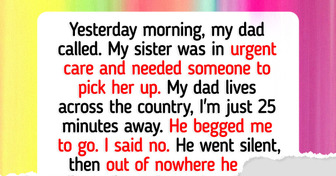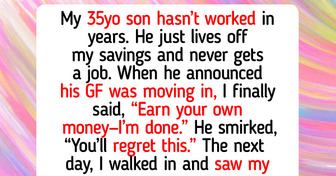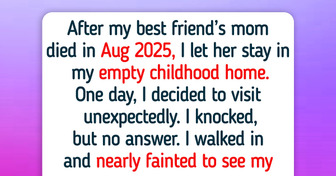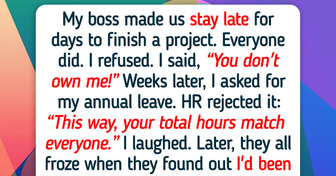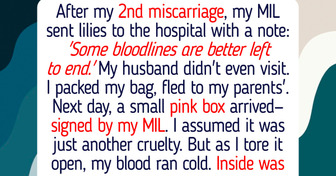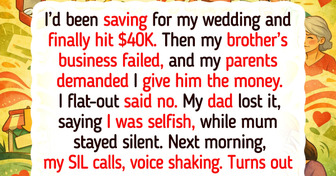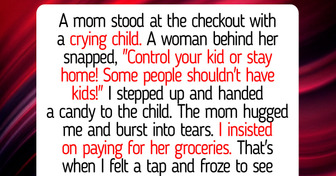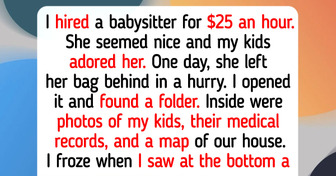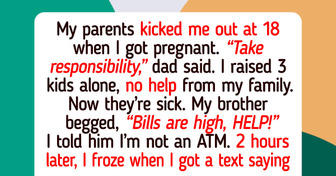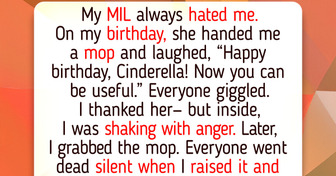I Refused to Babysit My Brother’s Kids After He Mocked Me in Front of Everyone
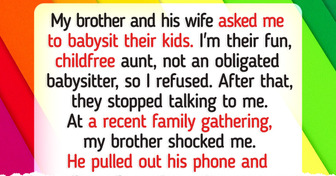
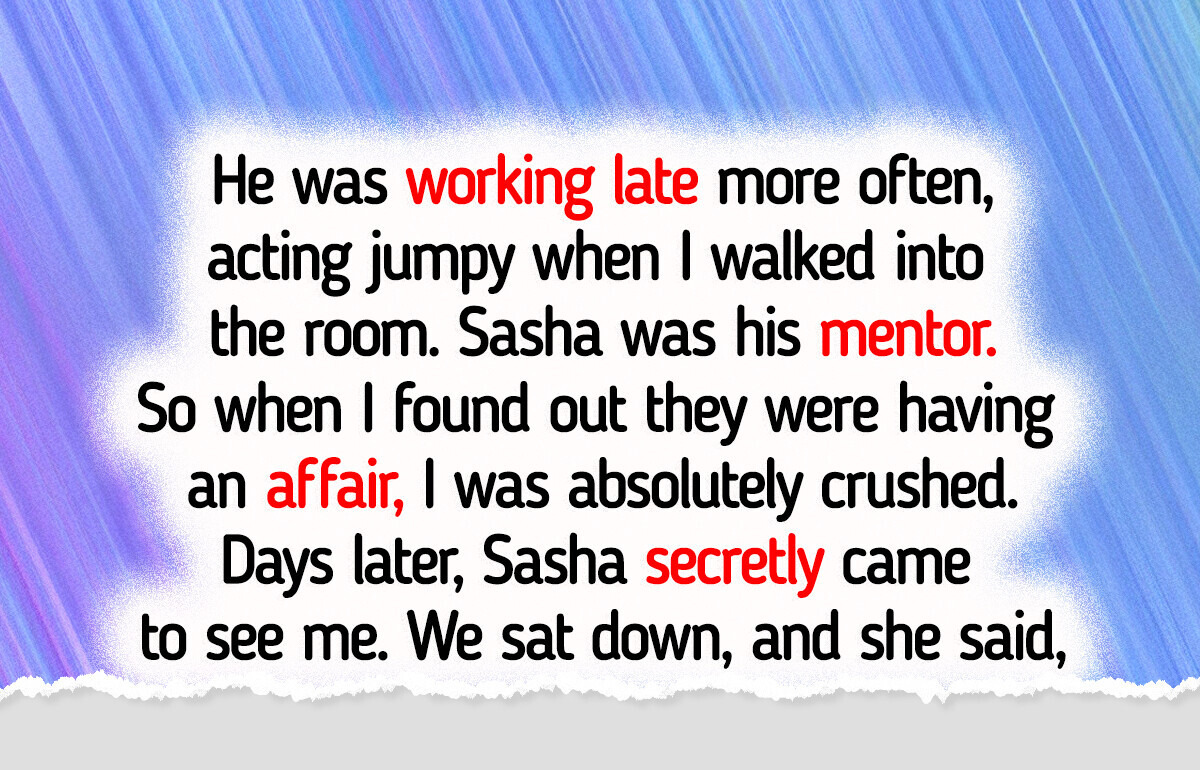
Forgiveness is often seen as the high road, a path to peace and closure. But when trust is repeatedly fractured, even the most compassionate hearts reach a breaking point. And in relationships, the line between second chances and self-preservation isn’t always clear.

Dear Bright Side,
I always thought forgiveness made you strong. Like, if you could stay and work things out after being hurt, it meant you were really committed. That’s what I told myself, anyway. I wanted to believe it, because admitting the truth would’ve meant facing something I wasn’t ready for.
It started small. He was working late more often, acting jumpy when I walked into the room. He stopped talking about certain people at work, especially Sasha. Sasha wasn’t just his colleague. She was his mentor.
The one he always thanked for pushing him in his career. The one who helped him get noticed by higher-ups. So when I found out they were having an affair, I was absolutely crushed. I felt stupid, embarrassed, and angry, all of it.
He cried. He apologized again and again and begged for forgiveness. He said, “It was a mistake,” like that would somehow erase everything. And for a little while, I almost believed it. I wanted to. I really did. I thought maybe people messed up and still deserved a second chance. Maybe we could get past it.
Days later, Sasha secretly came to see me. She looked nervous, like she’d been rehearsing whatever she was about to say. She asked if she could come in. I didn’t know what to expect, but I let her. We sat down in the living room, and she said, “What you don’t know is... I’m carrying his child.”
I didn’t say anything. I couldn’t. It wasn’t even anger that hit me first. It was just this cold, empty silence. She left soon after. Said she thought I deserved to know. Like that made any of it easier to hear.
I just stood in the hallway after she walked out, staring at the door. I kept thinking, this is it. This is the line. Everything before this was me trying to hold things together. Everything after this is me finally letting go.
I had been ready to forgive him. I wanted to believe we could move forward. But finding out about the baby changed everything. It wasn’t just a one-time thing. He didn’t just cheat. He created a whole new life and lied about it.
That night, I packed a bag. I didn’t yell or call him or leave a dramatic message. I just walked away. Because no matter how badly I wanted to believe in us, I finally realized I needed to believe in myself more.
And honestly? That felt like the first honest thing I’d done in a long time.
Thank you for reaching out. We know how devastating a situation like this can be, so we’ve compiled a list of tips that might be useful during such a tragic time.

When trust is broken, it’s natural to look for signs of remorse. But apologies mean little without consistent, long-term effort to change. Someone who truly regrets their actions doesn’t just say the right words; they take real steps to rebuild what was lost. It’s easy to fall into the cycle of forgiving too quickly because someone seems sorry. But actions speak louder, and over time, they reveal whether a person is genuinely committed to change or simply trying to avoid consequences.

In the wake of emotional trauma, the instinct to fix things immediately can be overwhelming. But making decisions in the middle of chaos rarely leads to clarity. Sometimes, the best thing a person can do is step away and allow the dust to settle. That space becomes a breathing room where priorities realign, truths become clearer, and the heart has time to catch up with the mind. Decisions made from a calm, grounded place are more likely to honor one’s values and future well-being.

There’s a quiet pressure that often creeps in when a relationship spans years, especially in marriages or long-term partnerships. It tells people to stay because they’ve “come this far,” as though time itself is reason enough to endure hurt. But time invested isn’t a debt to be repaid. If the relationship no longer brings peace, safety, or mutual respect, it’s not abandonment to leave. It’s self-preservation.

When someone wrongs another deeply, guilt often drives them to seek forgiveness, not for healing, but for relief. And in that pursuit, they may shift the emotional burden onto the one they hurt. They might cry, explain, or beg. But none of that erases the pain caused. It’s important to remember that you are not responsible for carrying their guilt or making them feel better. Your story deserves honesty, not revision. Their remorse can’t rewrite what happened, and it certainly can’t dictate what happens next.
Sometimes the hardest part of healing isn’t walking away. It’s recognizing when someone’s truth finally frees you from their lies. Even when closure comes wrapped in pain, it can still open the door to something stronger, self-respect.

